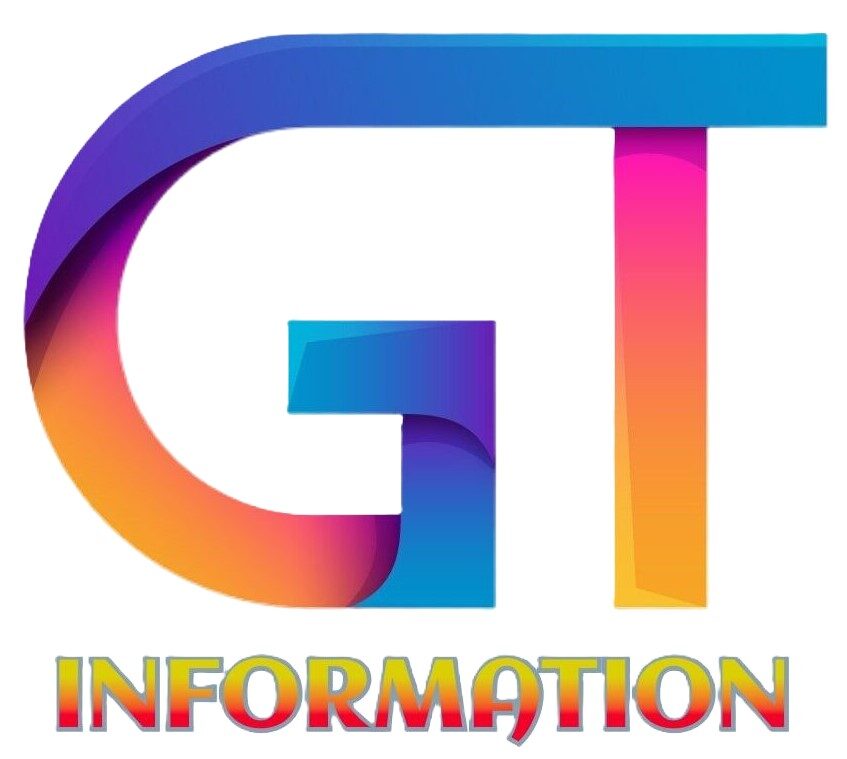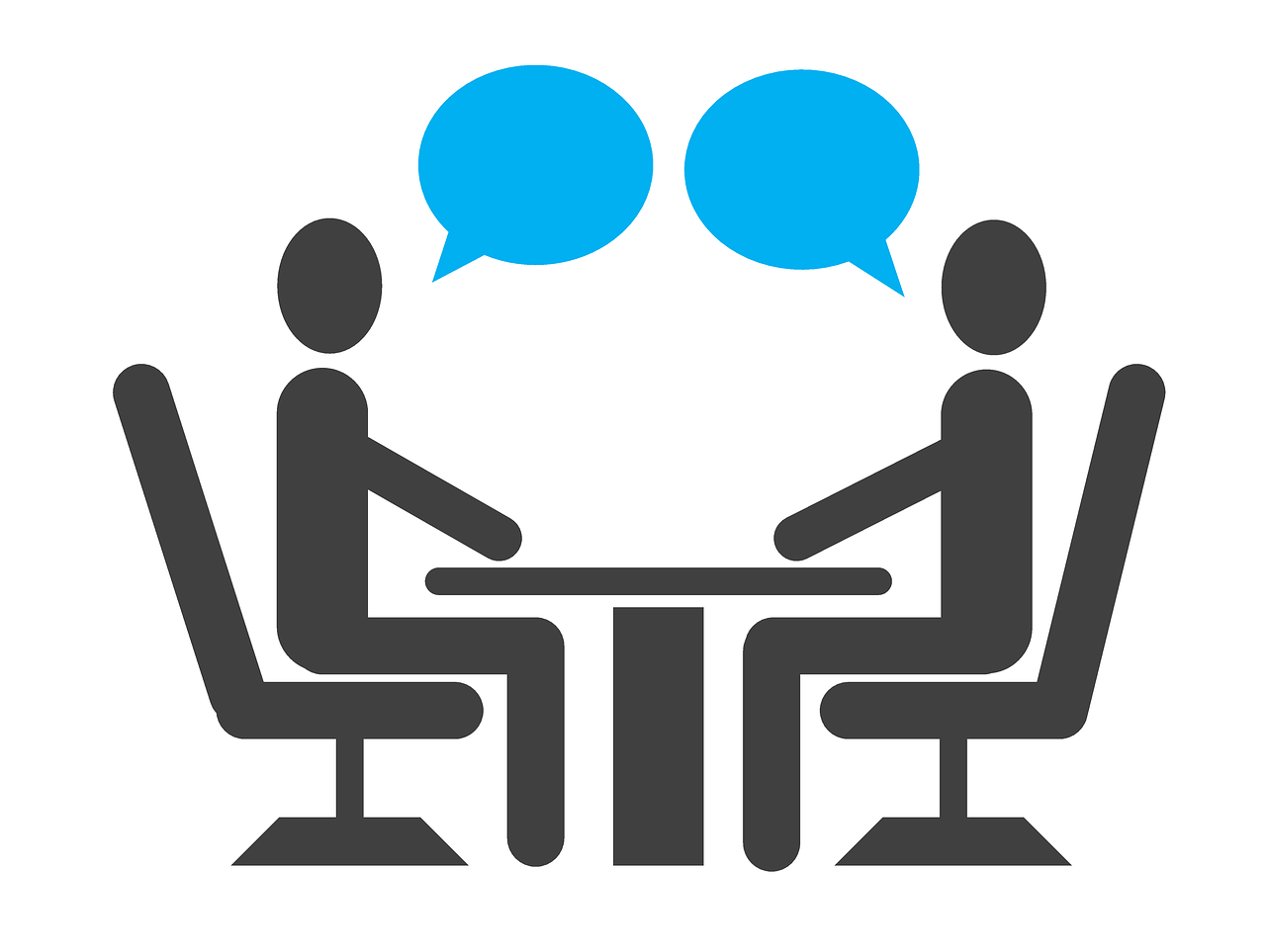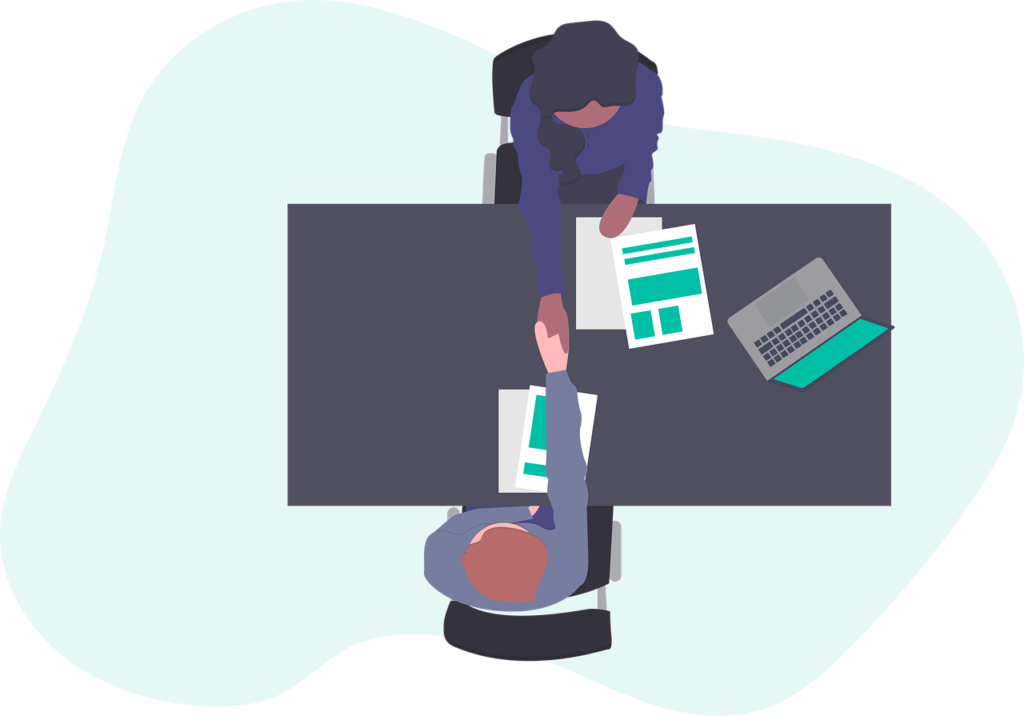Certainly! Here are some common interview questions that HR might ask during a job interview:
- Tell me about yourself.
- What attracted you to this position/company?
- What are your greatest strengths and weaknesses?
- Can you share an example of a difficult scenario you encountered in your job and the steps you took to resolve it?
- How do you prioritize your work?
- Where do you see yourself in five years?
- How do you handle feedback and criticism?
- Can you give an example of a time you worked as part of a team?
- What is your preferred work style?
- Why should we hire you?
- How do you stay organized?
- What do you know about our company?
- Have you ever disagreed with a supervisor? How did you handle it?
- What motivates you at work?
- Do you have any questions for us?
These questions are designed to gauge your skills, cultural fit, and how you handle various workplace scenarios. Preparing thoughtful responses can help you stand out! For the first 10 interview questions and their answers, feel free to check out the blogs linked below:
Let’s discuss the last five questions:
11. When answering “How do you stay organized?” it’s important to demonstrate your methods and tools for managing tasks and responsibilities effectively. Here’s how you can structure your response:
Example Response
- Use of Tools: “”I combine digital tools with traditional methods to stay organized.” I use project management software like [specific tool, e.g., Trello or Asana] to track tasks, deadlines, and progress on various projects.”
- Daily and Weekly Planning: “I start each week by reviewing my goals and priorities, and then I break them down into daily tasks. Every morning, I create a to-do list that outlines my top priorities for the day.”
- Time Blocking: “I also practice time blocking, allocating specific periods for focused work, meetings, and breaks. This helps me stay on track and minimizes distractions.”
- Regular Review: “At the end of each day, I review what I accomplished and adjust my plans for the following day as needed. This reflection helps me stay proactive rather than reactive.”
- Adaptability: “While I have a structured approach, I’m also flexible and adjust my methods if something isn’t working or if priorities change.”
Putting It All Together
Here’s the complete response:
“I rely on a combination of digital tools and traditional methods to stay organized. I use project management software like Trello to track tasks, deadlines, and progress on various projects. At the start of each week, I review my goals and priorities and break them down into daily tasks. Every morning, I create a to-do list outlining my top priorities for the day. I also practice time blocking, allocating specific periods for focused work, meetings, and breaks, which helps minimize distractions.
At the end of each day, I review what I accomplished and adjust my plans for the following day as needed, allowing me to stay proactive. While I have a structured approach, I’m also flexible and adjust my methods if priorities change.”
This response showcases your organizational skills and highlights effective strategies that demonstrate your ability to manage tasks efficiently!
12. When answering “What do you know about our company?” It’s important to demonstrate that you’ve researched the company and have a good grasp of its values, mission, products, and recent updates. Here’s how to structure your response:
Example Response
- Company Overview: “I know that [Company Name] is a leader in [industry/sector] and has built a strong reputation for [mention specific qualities, such as innovation, customer service, sustainability].”
- Products/Services: “I’m aware that your company offers [specific products or services], and I find your [specific product or feature] particularly impressive due to [reason why you find it valuable].”
- Values and Culture: “I admire your commitment to [mention any core values, such as diversity, sustainability, community involvement], which aligns with my own values.”
- Recent Developments: “I recently read about [mention any recent news, product launches, or initiatives], and I’m excited about how that could shape the future of the company.”
- Personal Connection: “I’m particularly drawn to your mission to [mention the company’s mission] and how it resonates with my own professional goals.”
Putting It All Together
Here’s the complete response:
“I recognize that [Company Name] is a leader in the [industry/sector] and has established a solid reputation for both innovation and customer service. I’m aware that your company offers [specific products or services], and I find your [specific product or feature] particularly impressive because [reason]. I admire your commitment to [core values like diversity or sustainability], which aligns with my values. I recently read about [recent news or initiatives], and I’m excited about how that could shape the future of the company. I’m particularly drawn to your mission to [company’s mission], and I see a strong alignment with my professional goals.”
This response shows that you have taken the time to learn about the company and are genuinely interested in being a part of its mission and culture!
13. When answering “Have you ever disagreed with a supervisor? How did you handle it?” It’s vital to demonstrate your ability to manage conflict in a professional and constructive way. Here’s a structured way to frame your response:
Example Response
- Brief Context: “Yes, I have experienced a disagreement with a supervisor regarding the approach to a project. We had different perspectives on the best strategy to achieve our goals.”
- Stay Professional: “I recognized the importance of keeping a respectful and professional demeanor, so I took a moment to collect my thoughts and gather evidence to back up my perspective.”
- Open Communication: “I scheduled a one-on-one meeting with my supervisor to address our differing perspectives. During the meeting, I presented my perspective clearly, using data and examples to support my suggestions.”
- Listen Actively: “I also made sure to listen actively to my supervisor’s rationale behind their approach, which helped me understand their concerns and objectives better.”
- Find Common Ground: “Eventually, we discovered a shared perspective and agreed on a revised approach that combined elements from both of our ideas. This collaboration not only strengthened our working relationship but also led to a successful project outcome.”
Putting It All Together
Here’s the complete response:
“Yes, I have experienced a disagreement with a supervisor regarding the approach to a project. We had different perspectives on the best strategy to achieve our goals. I understood the importance of maintaining a respectful and professional attitude, so I took some time to gather my thoughts and evidence to support my viewpoint. I requested a one-on-one meeting with my supervisor to discuss our differing views. During the meeting, I presented my perspective clearly, using data and examples to support my suggestions, while also listening actively to my supervisor’s rationale behind their approach.
Ultimately, we were able to find common ground and agreed on a modified strategy that incorporated elements from both of our ideas. This collaboration not only strengthened our working relationship but also led to a successful project outcome.”
This response highlights your ability to handle disagreements maturely and shows that you value collaboration and open communication!
14. When answering “What motivates you at work?” It’s essential to consider what genuinely motivates you and to align those motivations with the role and the company.. Here’s a structured way to frame your response:
Example Response
- Identify Core Motivators: “I am driven by various factors, but mainly by the chance to make a meaningful difference through my work.”
- Passion for Challenges: “I thrive on challenges that push me to grow and learn new skills. Tackling complex problems and finding innovative solutions energizes me.”
- Collaboration and Teamwork: “I also find motivation in collaborating with others. Working as part of a team where ideas are shared and respected leads to a more dynamic and creative environment.”
- Recognition and Growth: “Furthermore, I value recognition for my efforts and am inspired by opportunities for professional growth. Knowing that my efforts are valued inspires me to put forth my best work.”
- Align with Company Values: “I’m particularly drawn to this company because of its commitment to [mention a specific value or mission], which aligns with my own desire to contribute positively and grow professionally.”
Putting It All Together
Here’s the complete response:
“I am motivated by several factors, but primarily by the opportunity to make a meaningful impact through my work. I thrive on challenges that push me to grow and learn new skills, as tackling complex problems and finding innovative solutions energizes me. I also find motivation in collaborating with others; working as part of a team where ideas are shared and respected creates a dynamic and creative environment. Additionally, I appreciate recognition for my contributions and am motivated by opportunities for professional development. Knowing that my efforts are valued inspires me to put forth my best work. I’m particularly drawn to this company because of its commitment to [specific value or mission], which aligns with my desire to contribute positively and grow professionally.”
This response showcases your intrinsic motivations while aligning them with the role and company values, making a strong case for your fit!
15. Asking questions at the end of an interview is a great opportunity to show your interest in the role and to gather information that helps you determine if the company is a good fit for you. Here are some insightful questions you may want to ask:
Questions to Ask
- About the Role:
- “Could you walk me through what a typical day looks like in this role?”
- “What are the most immediate projects that need attention in this position?”
- Team and Culture:
- “Can you tell me more about the team I would be working with?”
- “How would you describe the company culture?”
- Performance and Growth:
- “What does success look like in this role, and how is it measured?”
- “Does the company offer opportunities for professional growth and advancement?”
- Company Goals:
- “What are the company’s objectives for the next few years, and how does this role play a part in reaching them?”
- “How does the company support innovation and new ideas from employees?”
- Feedback and Communication:
- “What is the process for giving and receiving feedback within the team?”
- “How often do team members have one-on-one check-ins with their supervisors?”
- Next Steps:
- “What can I expect as the next steps in the interview process?”
- “When will I likely receive an update on the outcome of this interview?”
Putting It All Together
You can choose a few of these questions based on what interests you most. For example:
“I have a few questions. Can you describe a typical day in this role? Also, how does this position contribute to the company’s overall goals in the next few years? Lastly, what does success look like in this role, and how is it measured?”
These questions demonstrate your interest in the role and help you gather valuable insights about the company and position!


